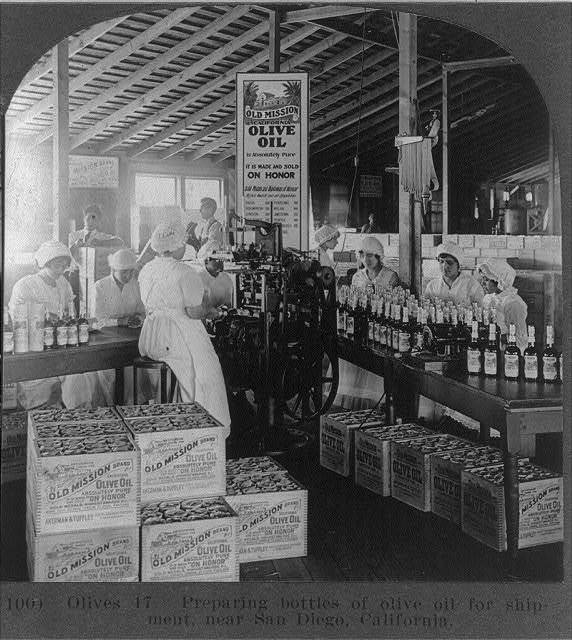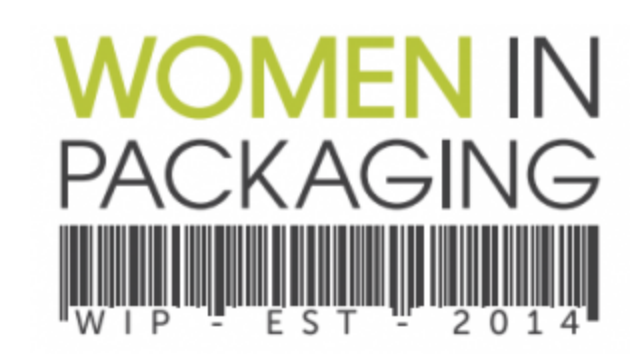The Bottom Line? Employing Women in Packaging Boosts a Company’s Bottom Line

Women packing bottles of Old Mission Olive Oil near San Diego, California
In light of International Women’s Day this March, we join the conversation to reflect on the incredible achievements by females in the fashion industry. Males no longer account for most of the world’s fashion moguls. Women in the industry have been celebrated for many decades now, and gender equality has become a crucial milestone in not only the manufacturing world, but in every sector. Through action against bias, we forge gender equality. In order to diminish that bias, we must first discard any preconceived notions about women in the packaging industry.
Many companies cut the ribbon on their new launches not realizing the impact they are creating by employing women to represent their brand. Women in packaging should be noticed throughout all channels of the funnel; whether it is in production, product development, marketing, brand identity, packaging and assembly, and many more avenues.
Historical data presents that prior to 1980, only 5% of packaging industry roles were held by women. Today, that number is roughly 40%. When talking about CEO positions, it drops back down to just 4% in recent decades. It is clear that the gender gap in the manufacturing industry is narrowing, but there is still much more work to be done in terms of employment equity and seniority. Under-representation still exists in the workforce, although we have come a long way in hopes to combat this.
 As a woman writing this article, I feel empowered to explore such an important issue. I came across a simple yet powerful line by Tracy Stout, Vice President of marketing and communications at the Association for Packaging and Processing Technologies: “The best thing for women is to see other women in the industry.” That’s just it. We naturally follow by example, and it is enlightening to see other women in industries where we used to be so few and far in between. Today, we see many organizations vouching for the very cause of recognizing and supporting female employees in the packaging industry. ‘Women in Packaging, U.K.’ is committed to doing just that – supporting these female employees specifically in the European market. Promoting broad-level representation is all about having the right tools to recognize women and offering support to enhance their careers and initiatives. Speaking of initiatives, the organization aims to address the longstanding issue of gender imbalance across all industry levels (and not just in one specific job title).
As a woman writing this article, I feel empowered to explore such an important issue. I came across a simple yet powerful line by Tracy Stout, Vice President of marketing and communications at the Association for Packaging and Processing Technologies: “The best thing for women is to see other women in the industry.” That’s just it. We naturally follow by example, and it is enlightening to see other women in industries where we used to be so few and far in between. Today, we see many organizations vouching for the very cause of recognizing and supporting female employees in the packaging industry. ‘Women in Packaging, U.K.’ is committed to doing just that – supporting these female employees specifically in the European market. Promoting broad-level representation is all about having the right tools to recognize women and offering support to enhance their careers and initiatives. Speaking of initiatives, the organization aims to address the longstanding issue of gender imbalance across all industry levels (and not just in one specific job title).

Women in packaging UK
It is economically beneficial to invest in women. Employing females in packaging to decrease the gender wage gap is crucial to a company’s bottom line. According to Jenna Stephenson from Women in Packaging, doing so boosts overall profitability. In order to overcome obstacles in the workforce, businesses need to create equal opportunity for women to be able to move up in their respective positions.
“The diversity of today’s retail audience should be reflected in the people behind the packaging design,” says Stephenson.
This is an interesting angle, and her point serves to address the diversity of the consumer landscape. The supply end of the business must essentially match the consumer demographic in order to best meet their shopping demands. To put it simply, if an industry employs a predominantly male workforce, it creates a discrepancy in terms of matching the true retail demographic. To add to this, 70-80% of consumer purchases are driven by females, so it’s not surprising that women have a massive buying influence on the market.
It pays to be thoughtful, strategic and supportive towards hiring women in packaging and beyond. If we recruit women, we will in turn reflect our diverse global population, add rich value to company margins, and ultimately make room for more innovative packaging designs. In doing so, we will be aiding the agenda of diminishing gender inequality.
For anyone interested in this topic further, there’s actually a ceremony titled the STEP Ahead Awards, held in April 2020, as part of Deloitte’s Women in Manufacturing, celebrating the unique accomplishments of women in industry.

